Meeting green and sustainable development standards is mandatory, but to comply, footwear businesses face many challenges.
5 major challenges
Ms. Phan Thi Thanh Xuan - Vice President and General Secretary of the Vietnam Leather, Footwear and Handbag Association - said that in the world's leather and footwear supply chain, Vietnam is ranked 3rd in production with 1.4 billion pairs/year, after China and India; ranked 2nd in export with 1.3 billion pairs/year, only after China. In 2024, the leather and footwear industry will reach the finish line with about 26 billion USD, a growth of about 10% compared to 2023.
Because of its high position in the supply chain, the footwear industry is early affected by green standards and sustainable development standards of importers.
According to Ms. Xuan, to meet sustainable development standards, footwear enterprises face five major challenges. First, the industry's major export markets such as the US, EU, and Japan are placing very high demands on sustainable development, including green transformation, clean energy application, and renewable energy. EU laws also require very high compliance.
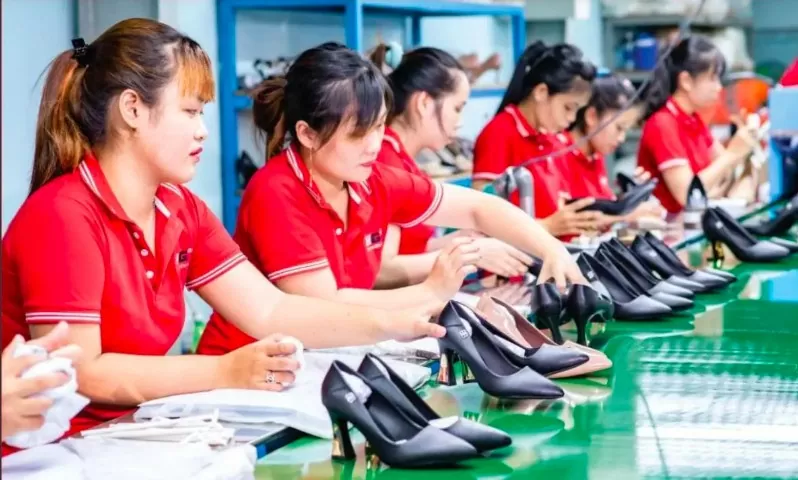 |
| Footwear businesses face many challenges in meeting green standards and sustainable development. Photo: Thien Huong |
Another challenge is related to costs, in which the cost of complying with green standards is a huge resource, almost beyond the capacity of small and medium enterprises. Along with that are increasingly high input costs from labor, raw materials, and logistics. " The dependence on foreign carriers in the logistics system makes businesses passive and unable to control prices. Meanwhile, export prices hardly increase, even being forced to decrease, " Ms. Xuan emphasized.
In the country, labor resources are becoming increasingly scarce, especially labor in urban areas is almost impossible to recruit. Enterprises have to move to remote areas to take advantage of available labor resources.
The shortage of raw materials is also very difficult, when domestic supply only meets 50% of demand. This is not a new "problem" but there is still no effective solution for leather and footwear enterprises in the issue of sustainable and stable development.
Finally, there is the challenge of applying science and technology and research and development in footwear enterprises. With limited capacity, enterprises have not been proactive in technology for production but still depend on external sources. Enterprises wish to be supported to increase their capacity in research and development of technology applications to improve productivity and reduce labor costs.
Need support
Faced with the above challenges, to overcome them, Ms. Xuan also proposed 3 major solutions. In particular, compliance with green standards and sustainable development from increasingly dense importers has created a huge cost burden for businesses. Compliance here is not only about administrative costs but also about scientific and technological innovation costs. Businesses want state management agencies to coordinate with research organizations to harmonize the standards of international organizations, importers and Vietnamese policies so that businesses can respond correctly and accurately, and importantly, effectively utilize support policies. The green standards system needs to be unified to meet both labor and environmental requirements.
Along with that is the solution to improve the internal capacity of enterprises. After having unified standards, agencies and organizations support training and consulting to apply the standards, helping enterprises to receive certificates and be qualified to implement orders. In addition, the resources for scientific and technological innovation are also needed. The Government and the State Bank have a fund to support green development enterprises, with preferential loan interest rates and appropriate access conditions.
Finally, there is the issue of information. Through conferences, seminars, and forums, state management agencies update information, provide guidance, and disseminate standards to help businesses access them in a timely manner and prepare plans for the compliance and response process.
From the business reality, Mr. Nguyen Thanh Tuan - Director of VASA Shoe Company - recognized that sustainable development is an irresistible trend of the world market. Currently, most customers require manufacturers to meet green development criteria. To meet customer requirements, footwear enterprises, especially small and medium enterprises, need the support of state agencies in developing clean, green raw materials with clear origin; capital and international standard training.
Besides the support of state management agencies, according to many experts, the initiative and positivity of enterprises are the most important conditions in meeting sustainable standards. Because policies are only a support tool, the state cannot do it for enterprises.
Experts also pointed out that European enterprises and partners often set out very complete, detailed and specific procedures. Meanwhile, many Vietnamese enterprises are not familiar with the way of thinking that the production process must be designed in a methodical, detailed and specific way, from the beginning to the end. Many enterprises even skip that stage to reduce production costs, labor costs, etc.
On the other hand, compared to European countries that have developed high-tech industries with modern equipment for many years, the production level, technology and equipment of Vietnamese enterprises are still quite far behind. To transform and keep up with the requirements of partners, enterprises must change both technology and production processes, and must invest in a lot of expensive equipment...
Source: https://congthuong.vn/phat-trien-ben-vung-doanh-nghiep-da-giay-doi-mat-5-thach-thuc-lon-364233.html



![[Photo] The 1st Congress of Phu Tho Provincial Party Committee, term 2025-2030](https://vphoto.vietnam.vn/thumb/1200x675/vietnam/resource/IMAGE/2025/9/30/1507da06216649bba8a1ce6251816820)
![[Photo] Solemn opening of the 12th Military Party Congress for the 2025-2030 term](https://vphoto.vietnam.vn/thumb/1200x675/vietnam/resource/IMAGE/2025/9/30/2cd383b3130d41a1a4b5ace0d5eb989d)
![[Photo] President Luong Cuong receives President of the Cuban National Assembly Esteban Lazo Hernandez](https://vphoto.vietnam.vn/thumb/1200x675/vietnam/resource/IMAGE/2025/9/30/4d38932911c24f6ea1936252bd5427fa)
![[Photo] Panorama of the cable-stayed bridge, the final bottleneck of the Ben Luc-Long Thanh expressway](https://vphoto.vietnam.vn/thumb/1200x675/vietnam/resource/IMAGE/2025/9/30/391fdf21025541d6b2f092e49a17243f)
![[Photo] General Secretary To Lam, Secretary of the Central Military Commission attends the 12th Party Congress of the Army](https://vphoto.vietnam.vn/thumb/1200x675/vietnam/resource/IMAGE/2025/9/30/9b63aaa37ddb472ead84e3870a8ae825)
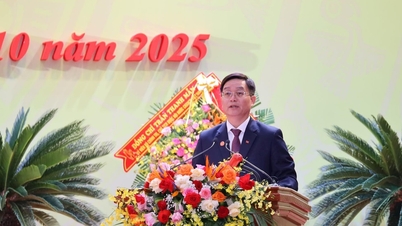

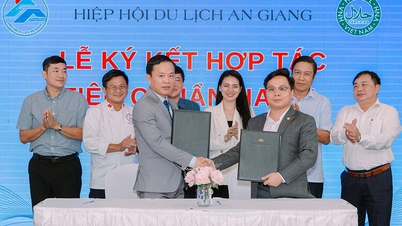




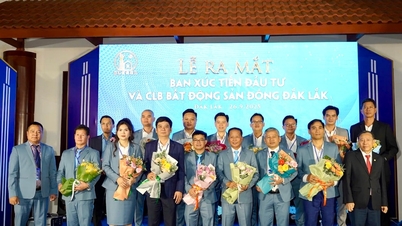
















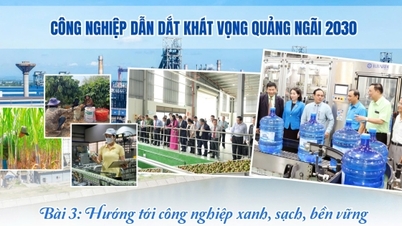
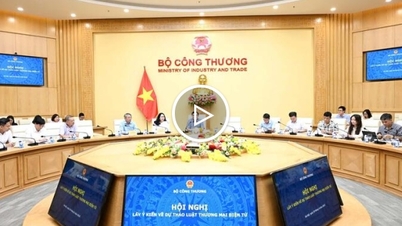

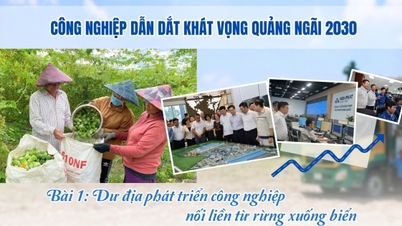

































































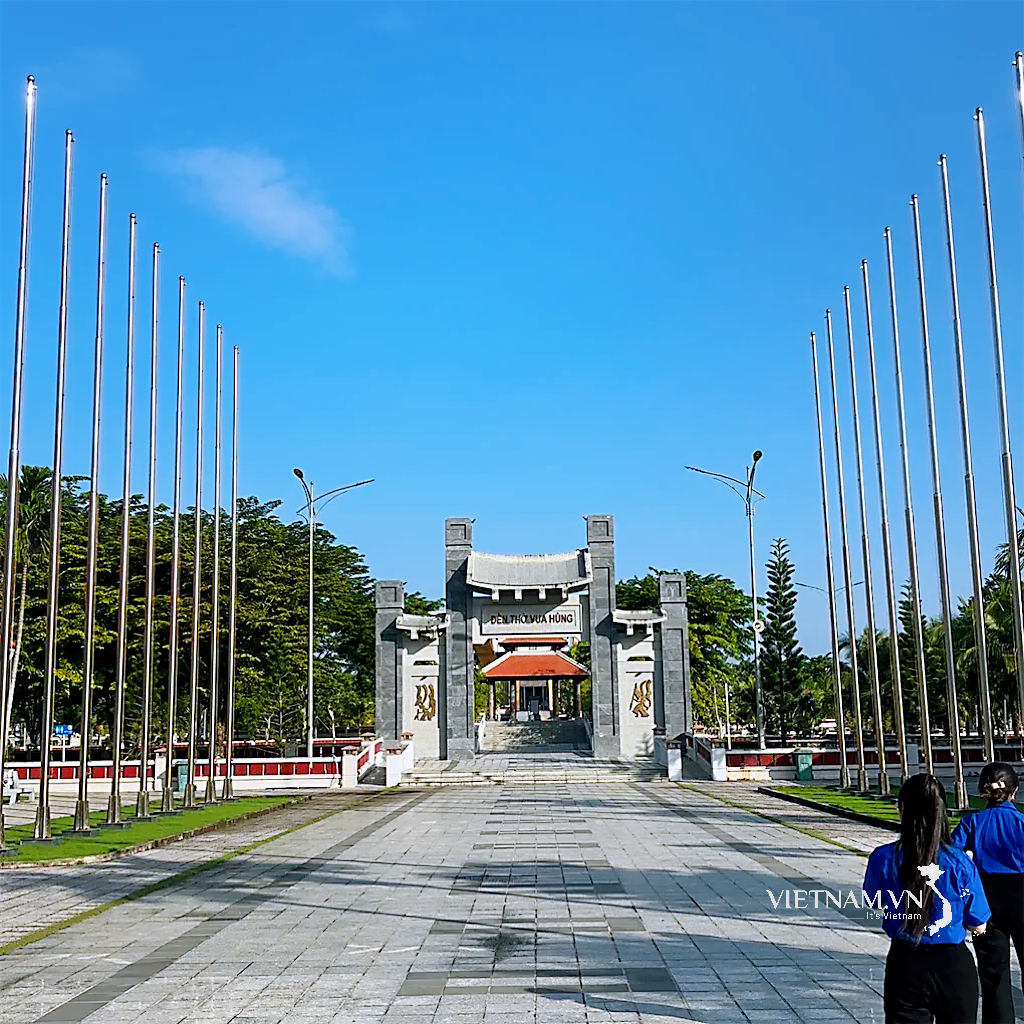
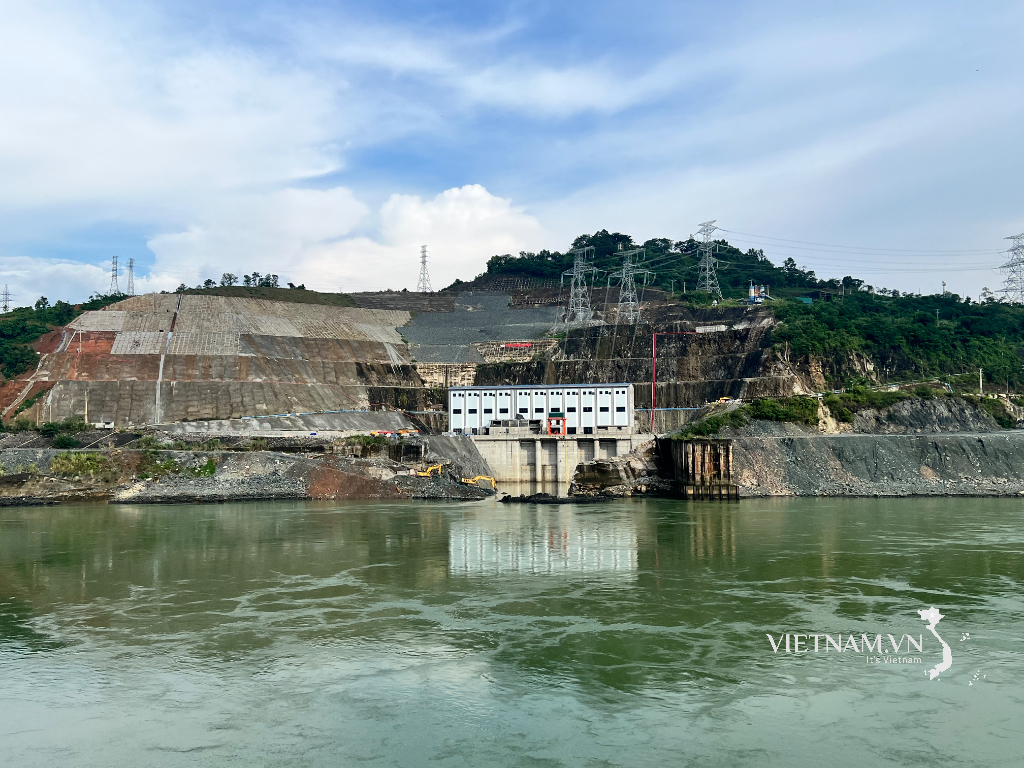


Comment (0)